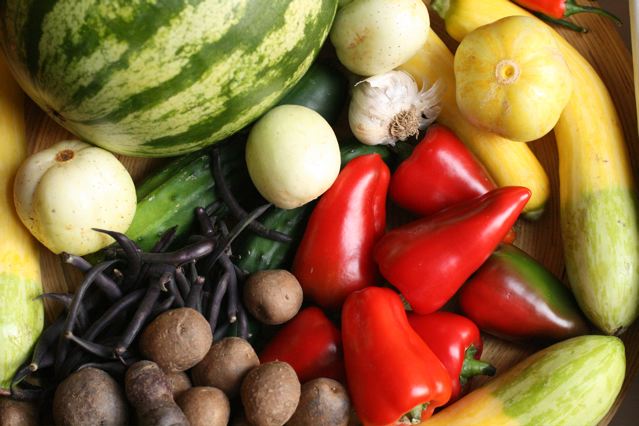The perennial discussion as to whether organic food production could actually feed the globe is back at the debate table. And the data culled for this latest report suggests that turning to increased organic food production to feed the globe isn’t really a far-fetched idea.
The report, Organic Agriculture for the 21st Century, authored by Washington State University Regents Professor of Soil Science and Agroecology John Reganold and doctoral student Jonathan Wachter, compares the efficacy of organic and non-organic farming according to the four pillars of sustainability: economics, environment, productivity and community well-being.
Organic agriculture, says Reganold and Wachter, can meet the needs of tomorrow’s populations. “Hundreds of scientific studies now show that organic [agriculture] should play a role in feeding the world,” says Reganold, who looked at 40 years of conventional and organic farming in the study and maintains that even with the effects of climate change, “organic farms have the potential to produce high yields because of the higher water-holding capacity of organically farmed soils.”
Read full article: Organic and Sustainable Agriculture Can Feed the Planet: Scientists | Justmeans

